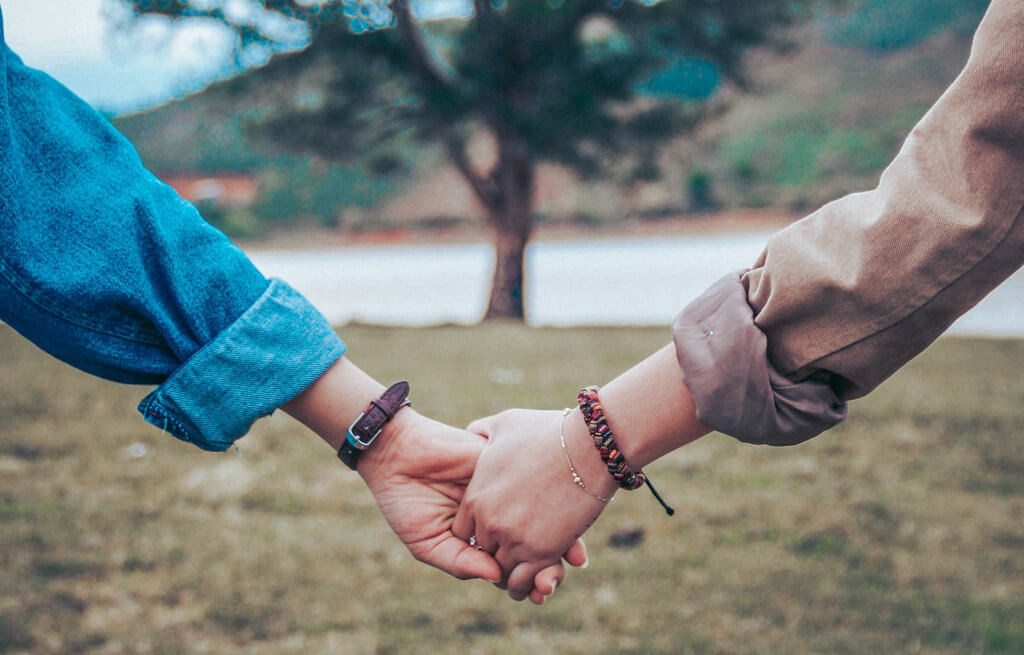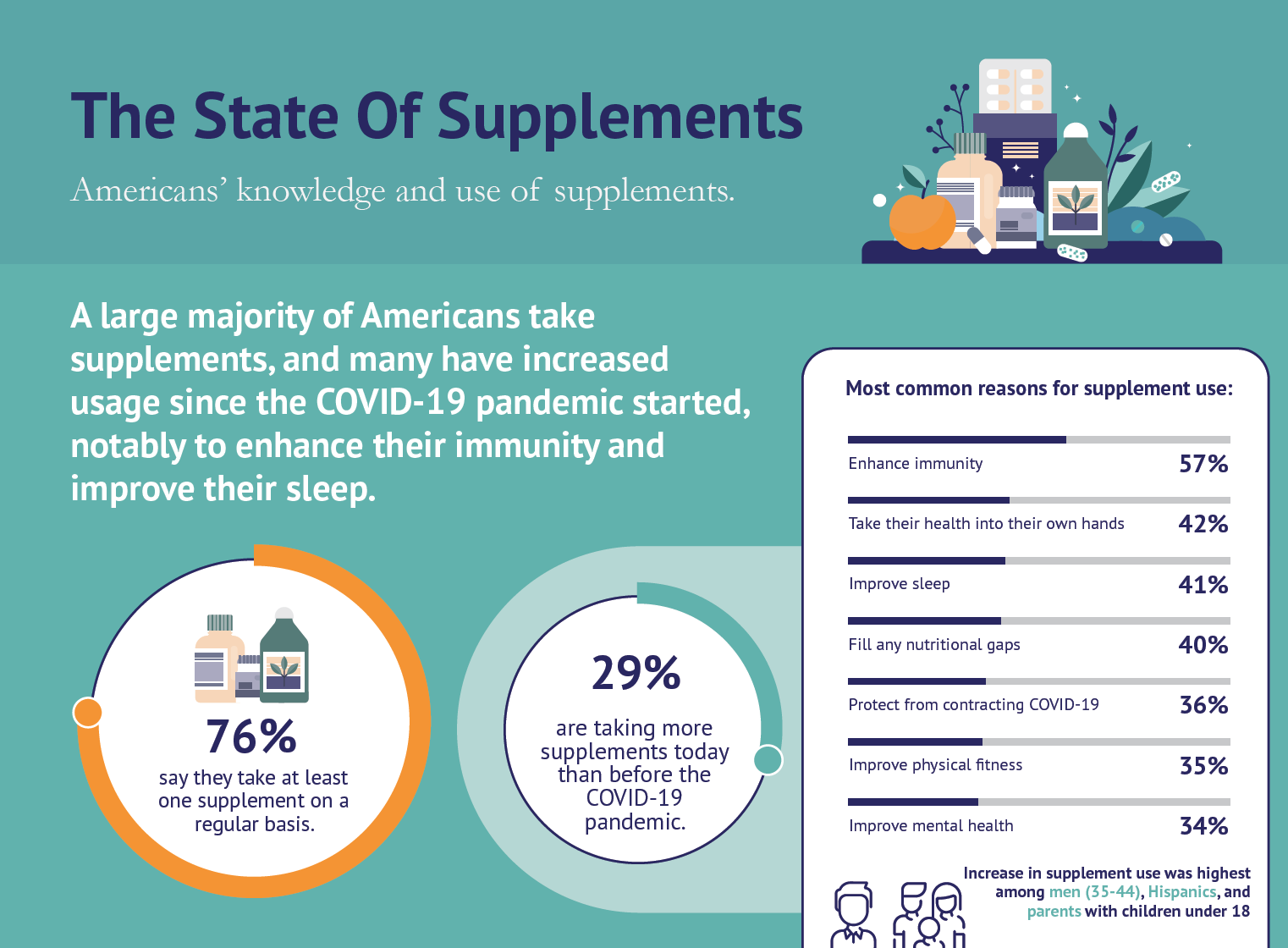Financial Impact of Cancer Pocket Guide
If you or a loved one are diagnosed with cancer, financial worries may be the last thing on your mind. This pocket guide is designed to help you assess your situation, spot financial pitfalls, and avoid what many health-care providers call “financial toxicity.”






